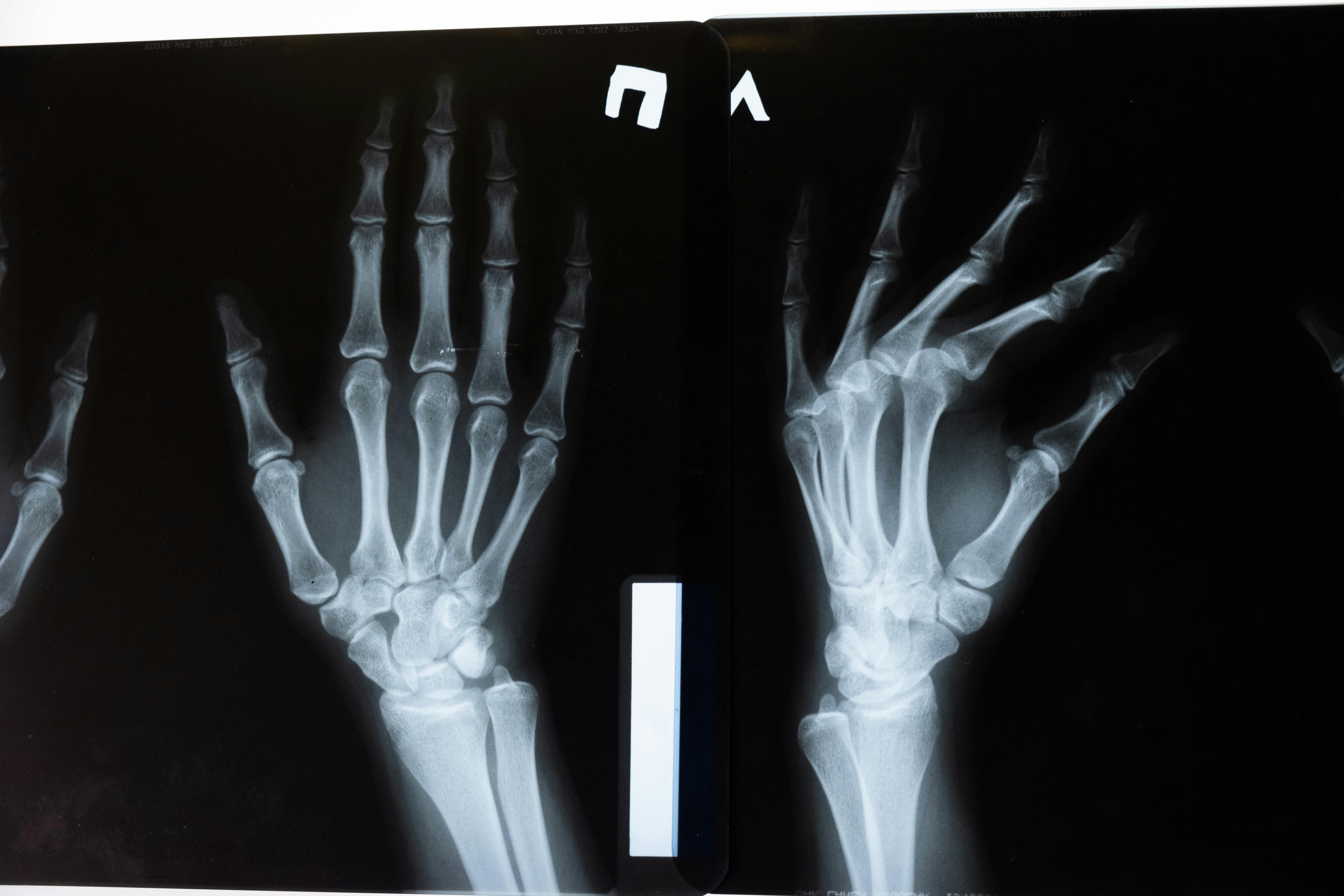Weird Ways Your Body Might React To Hypoparathyroidism
11. Increased Susceptibility to Fractures

Hypoparathyroidism can weaken bones over time, making them more susceptible to fractures. This occurs because calcium, essential for maintaining strong bones, is drawn from the skeletal system when blood levels are low. The imbalance between calcium and phosphorus further disrupts bone density, leading to a condition known as osteopenia or, in severe cases, osteoporosis. Individuals with hypoparathyroidism may experience frequent bone pain or notice that minor falls or injuries result in fractures. Weight-bearing exercises, adequate calcium and vitamin D supplementation, and periodic bone density scans are crucial for managing this risk. Consulting with a healthcare provider for tailored treatment plans can help improve bone health and reduce the likelihood of fractures.
12. Dental Problems: Enamel Defects and Cavities

Your teeth rely heavily on calcium for strength and development. Chronic low calcium levels from hypoparathyroidism, especially if present during tooth formation years, can lead to dental abnormalities. This includes weakened enamel (enamel hypoplasia), making teeth more prone to cavities, pitting, or discoloration. You might also notice delayed tooth eruption in children, root problems, or increased susceptibility to dental infections. Maintaining good oral hygiene is crucial, alongside managing calcium levels, to protect dental health in the long run.
